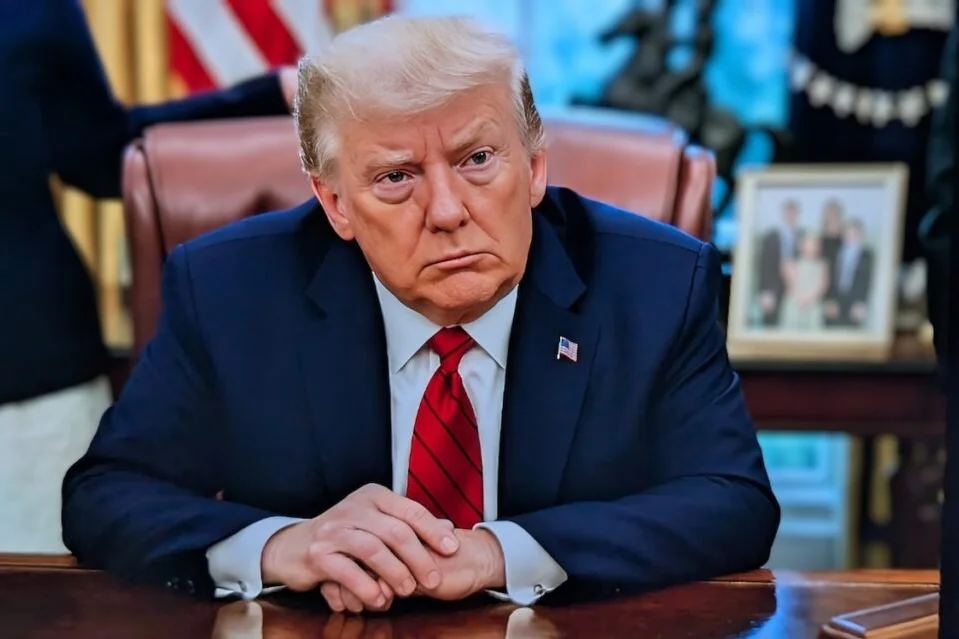Copyright stabroeknews

Dear Editor, I am writing to express my deep alarm and disappointment regarding the official photographs of His Excellency President Irfaan Ali dressed in full traditional Arabian attire during his recent visit to the Kingdom of Saudi Arabia. While we understand the importance of diplomatic courtesy and showing respect for the host nation’s culture, the President’s decision to fully adopt this foreign national dress, that is alien to our local identity, raises serious questions about the representation of our own national identity on the global stage. Guyana is not an Arab State and will never become an Arab State for geographical reasons. Guyana is also neither a Muslim-majority nation (some 7% of the nation is considered as Muslim). Our identity is a unique and proud tapestry woven from Indigenous, Indian, African, Portuguese, and Chinese threads. Our official state visits are a platform to showcase our heritage to the world and fly our flag; not pretend what we are not. This sort of tomfoolery behaviour does our country no good. The image of our Head of State in such distinctly foreign attire, rather than in formal business wear or a garment that reflects the Guyanese culture, sends a confusing message to the nation. It creates a visual disconnect between the President and the people he represents since when he walked on that Saudi Arabian stage the Hindus and Christians were abandoned and so many others. Many Guyanese at home and in the Diaspora may feel that this sartorial choice does not reflect their identity, but rather signifies an unsettling indifference to it (more that 75% of Guyanese are not Muslims). Diplomatic respect can be shown in many ways—through words, gestures, and adherence to protocol—without a leader sublimating his own country’s identity. A simple boutonniere or a token of appreciation for the host’s culture would have sufficed to demonstrate respect without resorting to a full sartorial transformation to pretend what we are not. This is not the first time these mistakes are being made by President Ali. This incident goes beyond mere clothing; it touches upon the core principles of how we project ourselves as a sovereign nation. We must ask: what message are we sending to the world about who we are? And what message is the President sending to the people of Guyana about whose identity he prioritizes in his representation? I urge the President and his advisors to be more mindful in the future. Our leaders must remember that when they travel abroad, they are the living embodiment of Guyana. Their public appearances should, first and foremost, be a source of pride and a clear reflection of our rich and diverse Guyanese heritage. Surujdai Juglall



